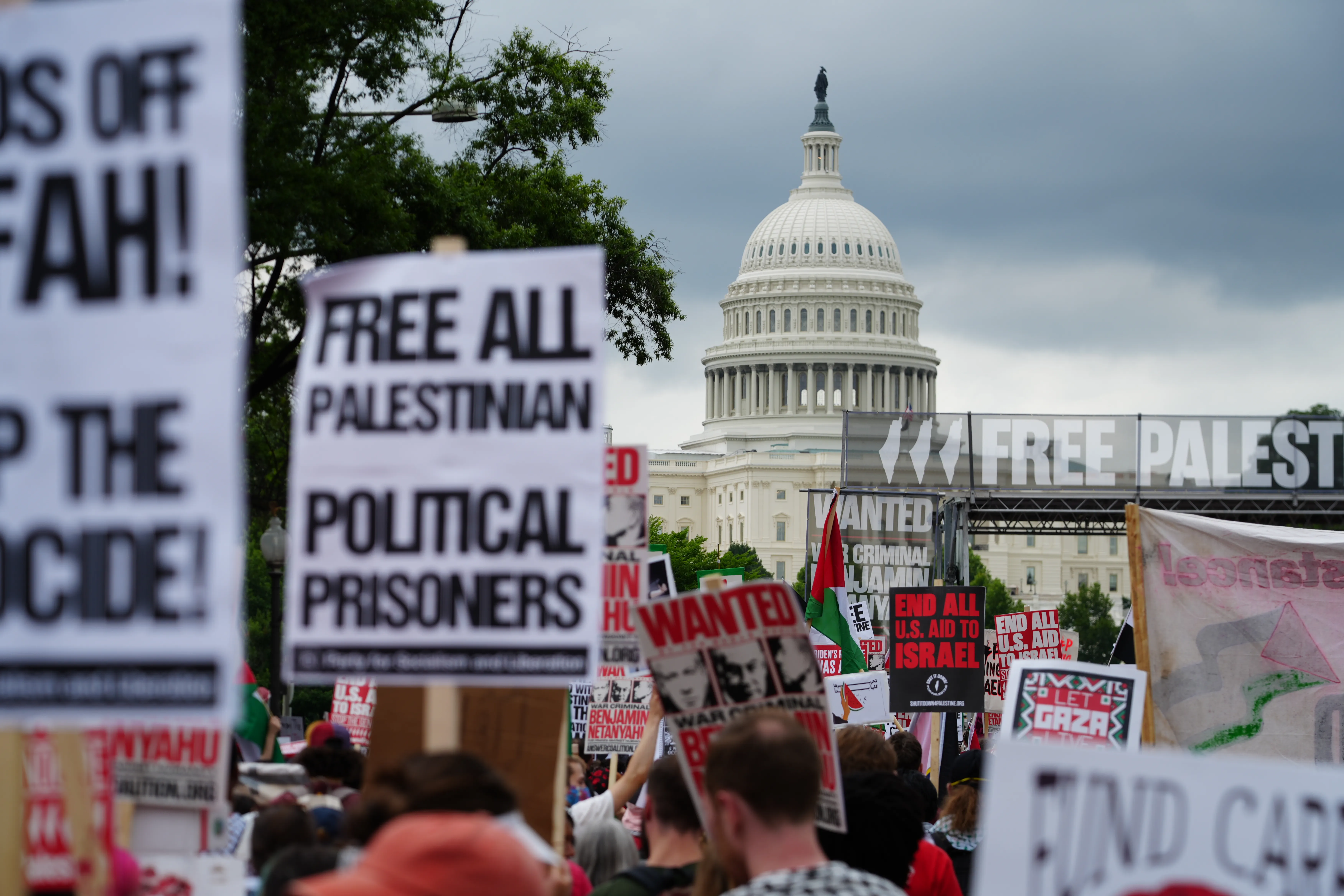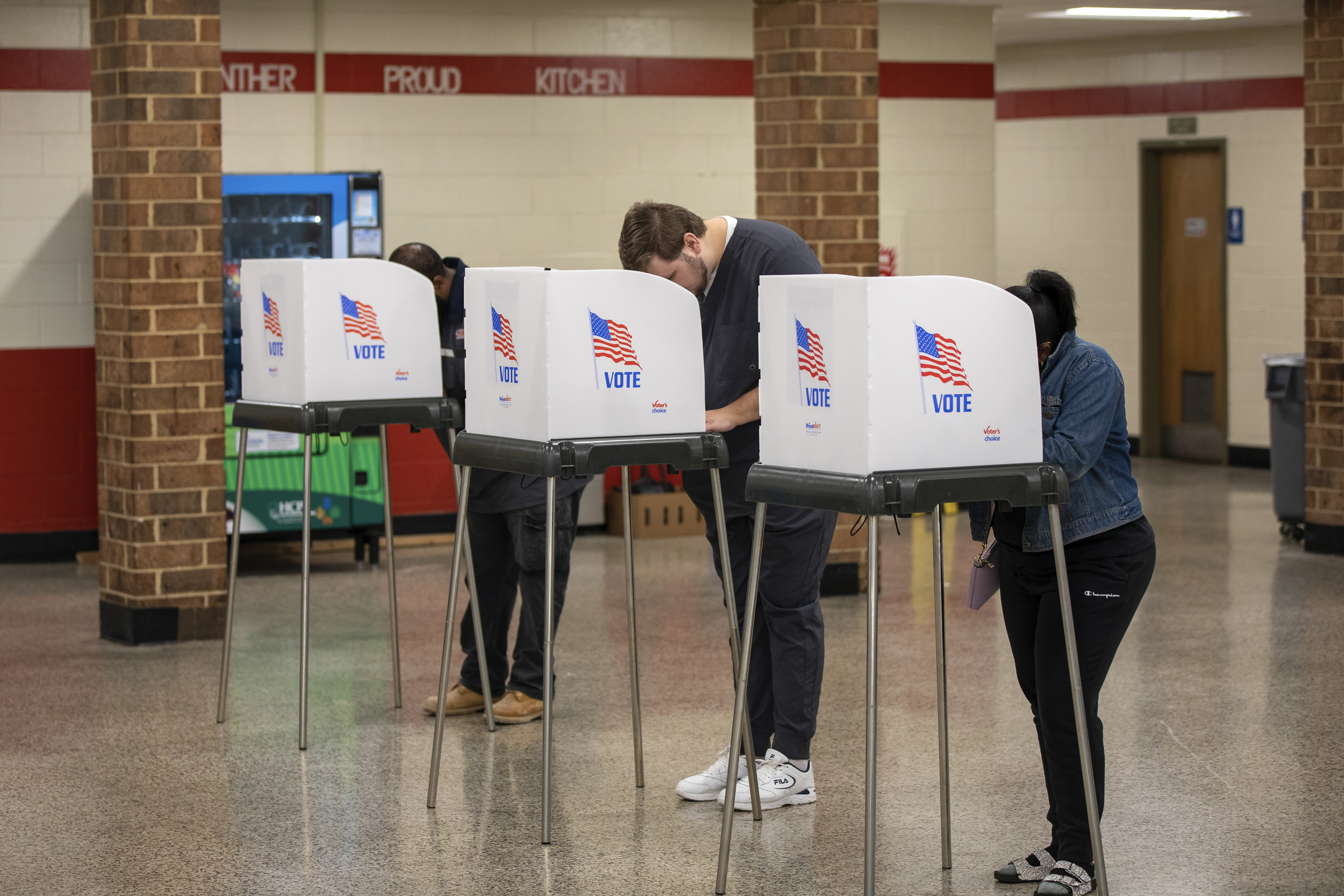On the eve of the United States" 249th birthday, presidential historian Jon Meacham sounded alarm bells about a troubling trend: a rising distrust in democracy. In an appearance on The 11th Hour, he articulated a critical call to action, urging Americans to meet the test of citizenship at a time when nearly 60% of the populace expresses skepticism about the electoral process. This disillusionment is not just a fleeting sentiment; it reflects a deeper, systemic issue that threatens the very foundation of our democratic governance.
Rising Distrust Undermines Civic Engagement
According to Meacham, this pervasive suspicion is not merely anecdotal. It signifies a profound disconnection between the government and the governed, rooted in a history of disenfranchisement and systemic inequities. The statistics reveal a stark reality: many Americans believe their votes do not matter. This sentiment is particularly pronounced among marginalized communities, which have historically faced barriers to participation. The erosion of trust is an existential threat to democracy itself, as civic engagement is the bedrock upon which our governmental systems are built.
Historical Context of Distrust in Democracy
The current climate of skepticism can be traced back to several pivotal moments in American history. From the Voting Rights Act"s ongoing battles to the Supreme Court"s controversial decisions on campaign financing, a consistent theme emerges: the manipulation of electoral processes to benefit the few at the expense of the many. The U.S. Constitution provides a framework for democratic participation, yet the reality often diverges sharply from this ideal.
Impact of Voter Suppression
Voter suppression tactics, including stringent ID laws and purging of voter rolls, disproportionately affect communities of color and low-income individuals. As noted by civil rights advocates, these measures have led to significant declines in voter turnout, further entrenching a cycle of disenfranchisement. The implications are dire: when a large segment of the population feels alienated from the political process, the legitimacy of elected officials is called into question. This distrust breeds apathy, leading to lower participation rates and a weakened democracy.
\n\n
Netanyahu visit, speech to Congress spark protests of thousands
The Role of Media in Shaping Public Perception
The media landscape also plays a crucial role in shaping public perception of democracy. As reported by The Australian Government Department of Health, misinformation campaigns have proliferated, particularly on social media, contributing to the erosion of trust. The narrative of a rigged system has taken root, fueled by sensationalist reporting and partisan rhetoric that often oversimplifies complex issues. This environment creates fertile ground for conspiracy theories, further entrenching the divide between citizens and their government.
Mobilizing for Change
In response to this crisis, progressive leaders are mobilizing to restore faith in democracy. Grassroots organizations are working tirelessly to educate voters about their rights and to combat voter suppression. Initiatives aimed at reforming campaign finance laws and expanding access to voting are gaining traction, reflecting a growing recognition that democracy must be actively defended. As we reflect on our nation"s history, it becomes clear that the test of citizenship requires more than passive participation; it demands active engagement and advocacy for systemic change.
Vision for a Robust Democracy
To rekindle trust in democracy, we must envision a system that prioritizes equity and inclusion. This entails not only safeguarding the right to vote but also addressing the underlying economic and social inequalities that disenfranchise many. A truly representative democracy is one where all voices are heard, and all votes count. As we approach another election cycle, the stakes have never been higher. The future of our democracy hinges on our collective ability to rise above disillusionment and engage in the essential work of citizenship.

Early voting for the 2024 election has started. Here are 7 ...



![[Video] Gunfire between Iraqi security forces and Sadr militias in Baghdad](/_next/image?url=%2Fapi%2Fimage%2Fthumbnails%2Fthumbnail-1768343508874-4redb-thumbnail.jpg&w=3840&q=75)
